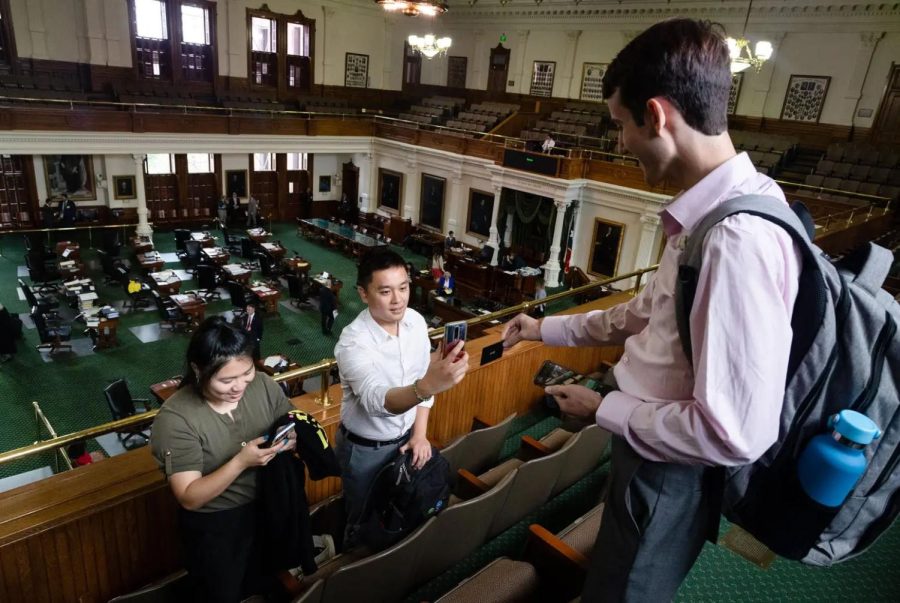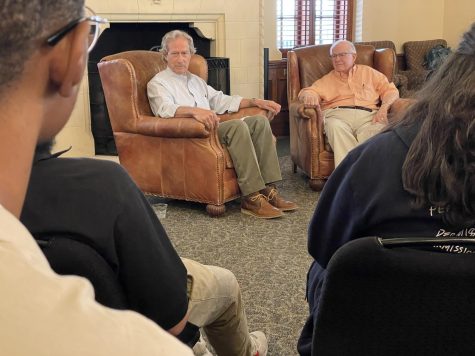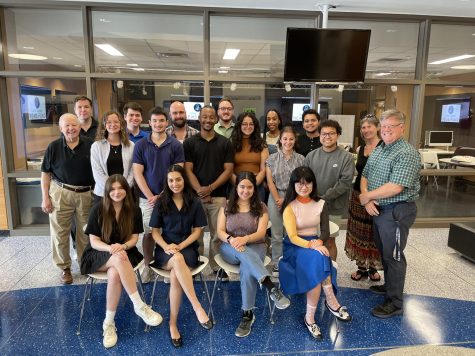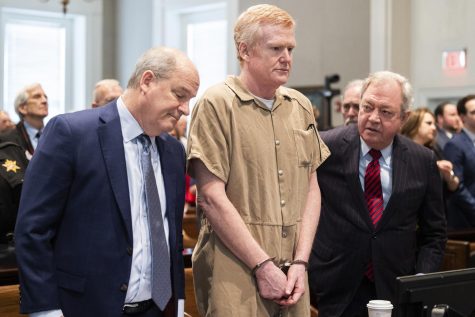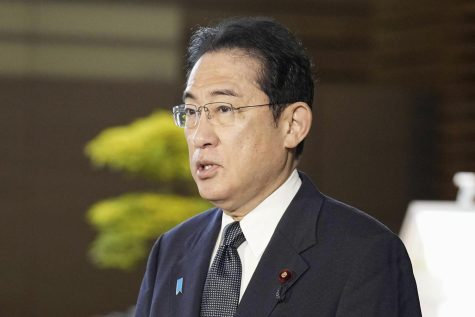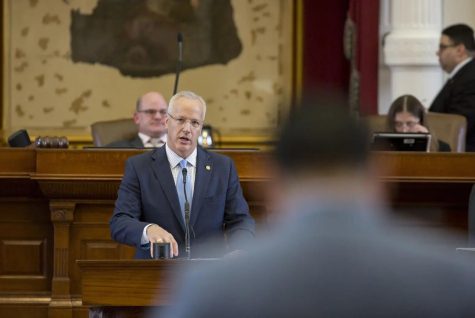Houston language access advocates Woori Juntos want their voices heard
The Houston-based language access advocates worked to get a study funded but ultimately fell short of getting it passed
EVAN L'ROY / The Texas Tribune
Ma and Wu exchange virtual business cards and phone numbers with another organizer as they prepare to leave the Senate gallery on May 22.
May 30, 2023
Woori Juntos, a Houston community group serving Korean residents, began the 2023 legislative session with the hope that they could convince the Legislature to do on a statewide scale what they do at home: break down language barriers so Texans who don’t speak English can access crucial state services.
Juntos’ most coveted goal was a bill that would require health agencies to translate benefit application forms and other important documents into key languages beyond English and Spanish.
The Texas Legislature’s treatment of the bill would prove to be a test of whom lawmakers listen to — and whose needs they prioritize.
Juntos managed to get legislation filed just before a March deadline after a mad dash to secure sponsors. But the group’s legislation was just one of nearly 8,000 bills filed, and members knew only a fraction would get to the point of even being considered by a committee. Just a sliver of those would actually become law.
Back home, the Juntos staff continued its daily work helping community members — Korean-speaking Texans who know little or no English — over the language blockades to apply for benefits like Medicaid or food stamps.
They were rewarded for their determination and reached a legislative milestone in April with a long-awaited public hearing on the bill.
Juntos collected signatures and testimonies from multiple community organizations in support of the cause and convinced two Republicans — state Reps. Matt Shaheen of Plano and Richard Hayes of Denton — to sign on as joint authors, ensuring their legislation was a bipartisan measure as they had originally envisioned.
Unfortunately, the bipartisan support came too late. The Republicans signed on to the bill the Friday before a Monday deadline for it to be voted out of committee.
The bill never emerged from the House committee where it was considered.
Later, they were waiting to see if their one remaining aspiration had survived — a few paragraphs that had been included in drafts of the state budget that would require the state’s health commission to study the costs of developing a language access plan, including the translations.
A study was in some ways the legislative equivalent of a consolation prize, but it was one the activists would gladly accept.
However, even with a $321.3 billion budget, including funds drawn from a record $32.7 billion surplus, not a penny was allocated to even study improving language accessibility to state services.
“It’s disappointing,” Steven Wu, Woori Juntos’ organizing and policy manager, said about the final budget. “They had so much money in the surplus.”
Even after their legislation died, Woori Juntos remained a constant presence at the Capitol. The group is pursuing an interim charge from the speaker of the House directing lawmakers to study their cause ahead of the next legislative session in 2025.
Juntos is trying to begin conversations with the state’s health commission to see what improvements could be made to the state’s language options without legislation.
“It was a grounding moment. We made it farther than we thought,” said Nicole Ma, the group’s organizing and policy associate. “Our bill didn’t die. It’s going to evolve. The work isn’t done here.”


